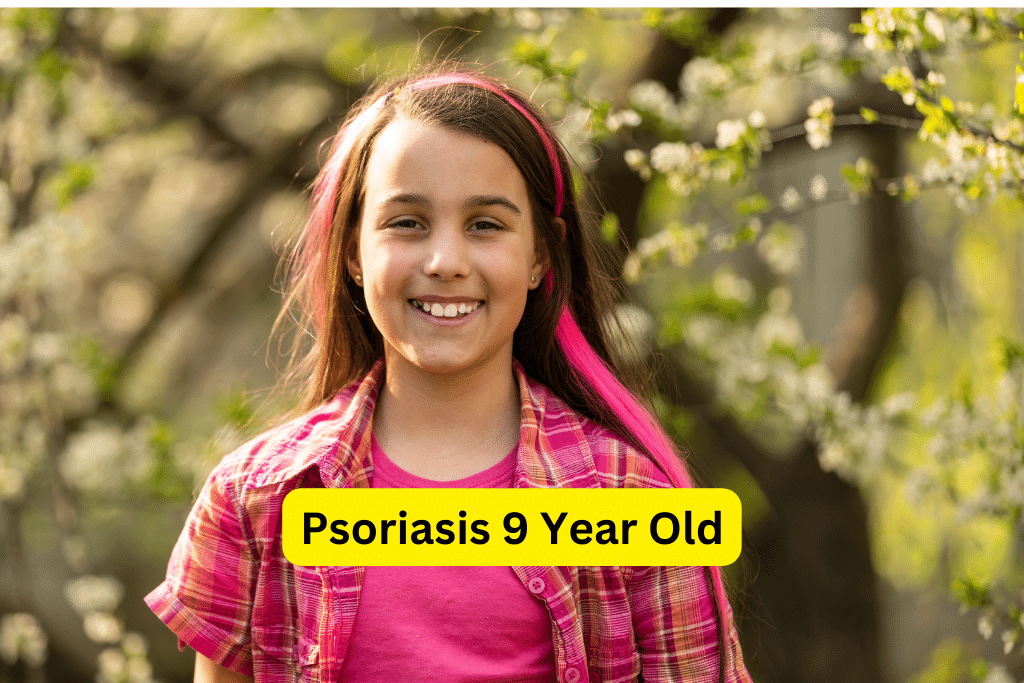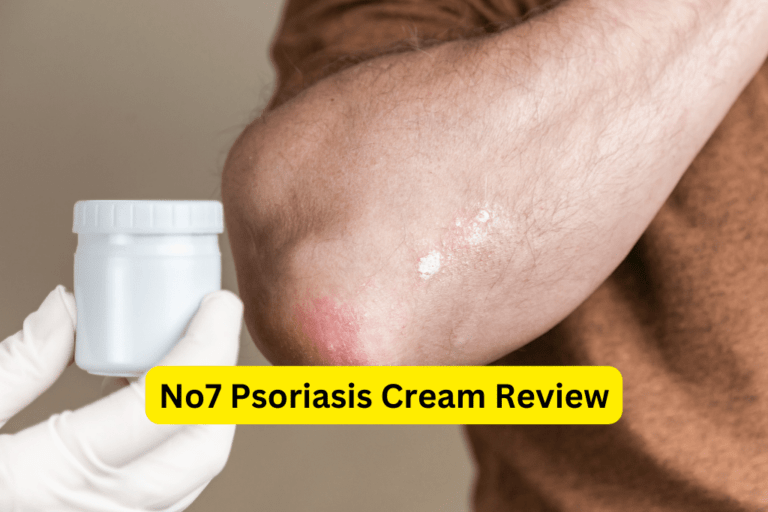Effective Psoriasis Treatment for 9-Year-Olds: Clearing Flare-Ups
Psoriasis 9 Year Old
Psoriasis is a chronic autoimmune disease that affects the skin, causing inflammation, redness, and scaling. While psoriasis can occur in individuals of all ages, understanding its causes, symptoms, and treatment options in 9-year-old children is crucial. This age group requires special attention as they are at a crucial stage in their development, both physically and emotionally. By gaining a deeper understanding of psoriasis in 9-year-old children, we can effectively manage and treat this condition, ensuring a better quality of life for these young individuals.
Understanding Psoriasis
Psoriasis is a chronic skin condition that affects millions of people worldwide. It is characterized by the rapid growth of skin cells, leading to the formation of thick, scaly patches. While psoriasis can occur in individuals of all ages, including children, its prevalence in 9-year-olds is significant. According to recent studies, approximately 2% of children under the age of 10 are affected by psoriasis.
There are several types of psoriasis that can manifest in children, including:
- Plaque psoriasis: This is the most common type of psoriasis, characterized by raised, red patches covered with silver-white scales.
- Guttate psoriasis: This type appears as small, red, scaly dots on the skin. It often occurs after a strep throat infection.
- Inverse psoriasis: Inverse psoriasis appears in skin folds, such as the armpits or groin area, as red, smooth patches.
- Pustular psoriasis: This type is characterized by white, pus-filled blisters surrounded by red skin.
- Erythrodermic psoriasis: Erythrodermic psoriasis is a rare and severe form of the disease that affects the entire body, causing widespread redness and shedding of the skin.
Causes of Psoriasis in 9-Year-Old Children
Psoriasis is believed to have both genetic and environmental triggers. Children with a family history of psoriasis are more likely to develop the condition themselves. However, it is important to note that not all children with a family history of psoriasis will develop the condition.
Environmental triggers, such as infections, stress, trauma to the skin, and certain medications, can also cause psoriasis flare-ups in children. In some cases, the immune system may mistakenly attack healthy skin cells, leading to inflammation and the development of psoriatic lesions.
Understanding the causes of psoriasis in 9-year-old children can help parents and healthcare professionals identify potential triggers and implement strategies to manage and prevent flare-ups.
Symptoms of Psoriasis in 9-Year-Old Children
The symptoms of psoriasis in 9-year-old children are similar to those in adults. However, due to their young age, children may have difficulty expressing their discomfort and emotions related to the condition. Common symptoms of psoriasis in children include:
- Red, scaly patches on the skin: These patches may be itchy, painful, and may crack or bleed.
- Itching and discomfort: Psoriasis can cause intense itching, which can be distressing for children.
- Nail changes: Psoriasis can affect the nails, causing pitting, ridges, and discoloration.
- Joint pain and swelling (if applicable): Some children with psoriasis may develop psoriatic arthritis, resulting in joint pain and swelling. However, this is more common in older children and adults.
- Psychological and emotional impact: Psoriasis can impact a child’s self-esteem and emotional well-being, leading to feelings of embarrassment, isolation, and anxiety.
Diagnosis of Psoriasis in 9-Year-Old Children
The diagnosis of psoriasis in 9-year-old children typically involves a comprehensive assessment that includes:
- Medical history assessment: This involves gathering information about family history, previous skin conditions, and potential triggers.
- Physical examination: A dermatologist will examine the child’s skin, nails, and scalp for signs of psoriasis.
- Skin biopsy (if necessary): In some cases, a small sample of skin may be taken for further analysis to confirm the diagnosis.
- Referral to Pediatric Dermatologist: If necessary, the child may be referred to a pediatric dermatologist for specialized care.
Treatment Options for Psoriasis in 9-Year-Old Children
Treatment for psoriasis in 9-year-old children aims to alleviate symptoms, reduce inflammation, and prevent flare-ups. The most common treatment options include:
Topical medications
- Steroid creams and ointments: These are applied directly to the affected areas to reduce inflammation and relieve itching.
- Vitamin D analogues: These topical medications help slow the growth of skin cells and reduce inflammation.
- Retinoids: Retinoids are derived from vitamin A and can help normalize skin cell growth.
- Coal tar preparations: Coal tar can be applied topically to relieve itching, inflammation, and scaling.
Systemic medications
- Methotrexate: This oral medication is used for severe cases of psoriasis and works by suppressing the immune system.
- Cyclosporine: Cyclosporine is an oral medication that acts on the immune system to reduce inflammation.
- Biologics: Biologic medications target specific proteins in the immune system to reduce inflammation and slow the growth of skin cells.
Phototherapy
- UVB phototherapy: Exposure to ultraviolet B light can help reduce inflammation and slow down the growth of skin cells.
- PUVA (Psoralen plus Ultraviolet A) therapy: This involves taking a medication called psoralen, which increases the skin’s sensitivity to ultraviolet A light.
Moisturizers and emollients:
Regular use of moisturizers and emollients can help hydrate the skin and reduce dryness, itching, and scaling.
Lifestyle and self-care strategies:
Adopting a healthy lifestyle can contribute to managing psoriasis in 9-year-old children. This includes maintaining a balanced diet, managing stress levels, practicing good hygiene, and avoiding potential triggers. Additionally, regular exercise and proper skincare routines can help alleviate symptoms.
Coping with Psoriasis as a 9-Year-Old Child
Living with psoriasis can have a significant impact on a 9-year-old child’s emotional well-being. Parents and caregivers can help their child cope with psoriasis by:
- Emotional support and communication: Encourage open conversations about their feelings and provide reassurance and understanding.
- School and social life considerations: Work closely with teachers and school staff to ensure the child’s needs are met, including accommodations for physical activities and special care for psoriatic plaques.
- Educating teachers, classmates, and friends: Sharing information about psoriasis with those around them can help create a supportive and inclusive environment.
- Encouraging self-acceptance and self-esteem: Promote a positive self-image by emphasizing the child’s strengths and talents, building their confidence, and fostering self-acceptance.
Prevention Strategies for Psoriasis in 9-Year-Old Children
While psoriasis cannot be completely prevented, certain strategies can help manage symptoms and reduce the frequency of flare-ups. These include:
- Identifying potential triggers: Keep track of environmental factors, infections, stressors, and medications that may trigger flare-ups and take precautionary measures.
- Moisturizing and careful skincare routine: Regularly moisturize the skin to prevent dryness and minimize scaling.
- Stress management techniques: Encourage stress-reducing activities such as mindfulness exercises, yoga, or engaging in hobbies.
- Healthy lifestyle habits: Promote a balanced diet, regular exercise, and adequate sleep to support a strong immune system and overall well-being.
Conclusion
Psoriasis in 9-year-old children requires careful attention and management to alleviate symptoms and prevent future flare-ups. Understanding the causes, symptoms, and treatment options is essential for parents, caregivers, and healthcare professionals alike. By seeking early diagnosis and implementing appropriate treatment strategies, individuals with psoriasis can lead fulfilling lives and enjoy improved skin health. Remember, seeking medical assistance and support is vital in managing psoriasis in 9-year-old children.
"Have You Seen Mike Walden's new holistic acne System yet? It's called "Acne No More" I've read the whole thing (all 223 pages) and there's some great information in there about how to naturally and permanently eliminate your acne without drugs, creams or any kind of gimmicks. I highly recommend it - it's very honest and straightforward without all the hype and b.s. you see all over the net these days. Here's the website where you can get more information:
Click Here -->AcneNoMore









